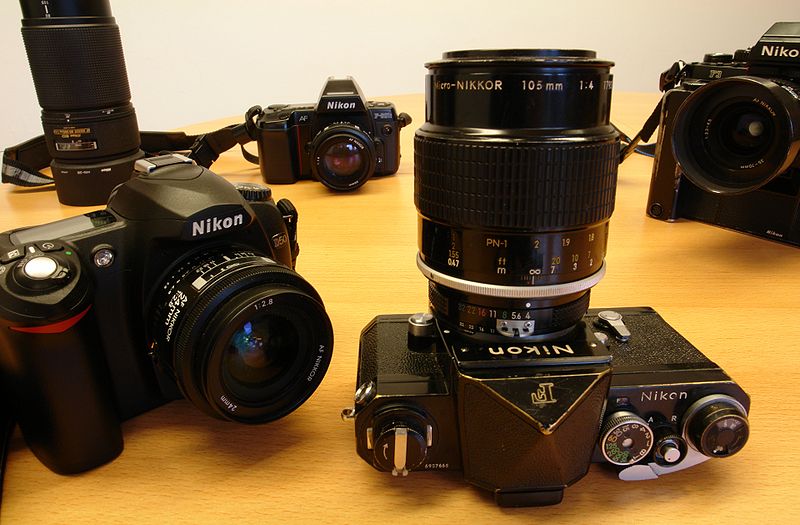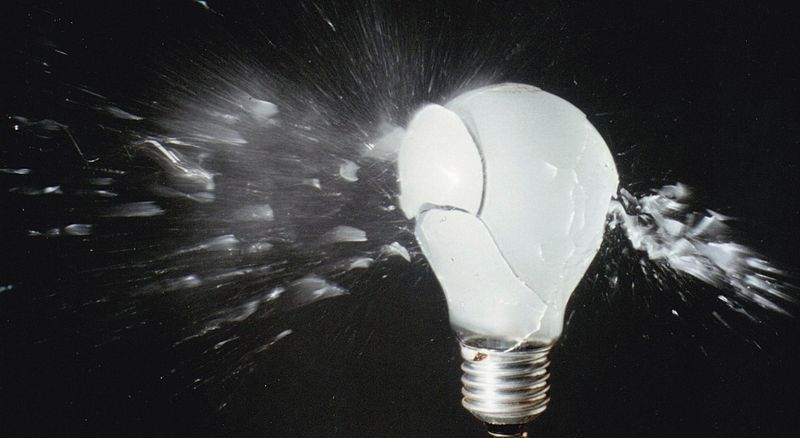Want to get started with photography, but don’t know where to begin?
You’re in the right place!

Today we’ll be exploring some well-worn paths that many have taken to begin photography as either a rewarding hobby or even a lifelong career. First, however, you will need a camera with which to shoot, and that leads us into the first golden rule when it comes to learning photography:
1. You Don’t Need to Spend a Fortune
When you’re shopping for your first camera, it’s very easy to get blindsided by not only the huge array of options, but also the price.
Really, this is the single most off-putting thing for a beginner. When you see a camera like the Nikon D3X retailing for over $7,000 – and that’s before you even get to lenses – it’s easy to feel discouraged.
The good news? You don’t have to spend anywhere near that much to get started.

It doesn’t matter whether you’re rocking a high-end Hasselblad or are relying on a $150 point-and-shoot Canon, the principles of composition remain the same. Of course, you’ll want to upgrade at some point so that the quality of your work is as good as it can be, but you can begin your journey to photographic mastery on anything that captures images, no matter how cheap or basic it might be.
If you want to use an industry-grade camera regularly, but don’t want to buy one yourself, there’s always…
2. Photography School
While it’s true that anyone can self-teach photography, the benefits of attending photography school to learn the craft formally are undeniable. Naturally, it’ll accelerate the rate at which you gain usable knowledge of photography, but the sideline advantages are also plentiful.
Photography can be something of a lonesome pursuit, but being in a class with other like-minded individuals makes it a lot more enjoyable, not to mention the fact that it’s always creatively healthy to share different views and approaches. In addition, you’ll also get to put your hands on some of the latest technology, as well as get full access to what can otherwise be prohibitively pricey software… and for a beginner, that’s no bad thing.
3. Buddy Up
Since learning from others is a great way to find your own voice, it can pay dividends to find others in your area that share your passion for photography.
Even if you live in what you consider to be the middle of nowhere, you’d be surprised at the amount of people out there who are willing to meet up. The best place to start your search is via the Digital Photography Meetups page (or the Photography version if your interests lie in the traditional) – simply plug in your zip code and see who’s around.
In the off chance that your search turns up empty, why not be the one who makes the first step by putting out the initial call?
4. Try Something Different
A very common pitfall for those just starting out is to obsess over establishing one’s own style or niche. Go easy on yourself and try everything – differing subject matter, weird techniques, various post-processing effects, et cetera – and even though you might reject 90% of the methods or types of photography you try out, it’s the only way to have your own true “voice” come naturally to you.

In short, never be afraid to experiment. You’ve got nothing to lose by doing so, and everything to gain.
5. Put Your Work Out There
Want to know something that really lights a fire under you?
Putting your work online – warts and all – for the entire world to see.
Whether its via your own photography website or something as simple as a Tumblr feed, uploading your photography can be a gratifying experience and one that drives you to improve as time goes by (especially if you treat it as a chronological record which you can look back on.)
It may sound terrifying at first, but really…
… what’s the worst that can happen?
Get yourself out there, and best of luck!
